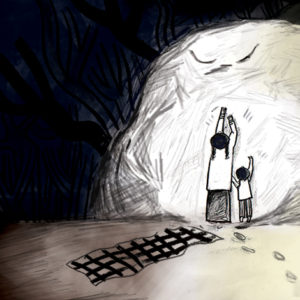In May of 2020, 350 elephants were found dead in Botswana’s Okavango Delta. Tests carried out by Botswana’s department of wildlife and national parks showed that the elephants ingested bacteria found in water. The deaths stopped towards the end of June 2020, coinciding with the drying of watering holes. It was a colossal tragedy. Elephants have so much to teach us, especially on aging.
They are the largest land mammals on Earth. With their long trunks, large floppy ears, and wide, long legs, there is no other animal that looks like an elephant. Elephants peak at forty, start aging at fifty-five and can reach seventy. In elephant society, older animals are storehouses of knowledge. Females especially, play crucial leadership roles. Elephants offer us four lessons on aging.
- Memory improves with age
The older the elephant the better its memory. During droughts, groups with the oldest leaders are more successful. They remember more locations for food and water.
Older elephants listen longer to the roar of male lions who can overpower a young elephant. When older elephants hear a lion, they huddle frequently and closely, keeping the group safe.
- Be a resource for the young
Calves of young mothers keep close to their grandmothers. Groups led by younger leaders seek out families with older heads during mass migrations.
- Lead and rule
Older males suppress the younger males’ musth, the aggressive phase during the rutting season. With elders present, musth in young elephants either does not occur or occurs in a mild form.
In the mid-1990s orphaned young bulls were introduced to Pilanesberg National Park in South Africa without older animals. Forty rhinos were killed in four years, cars were tipped and buildings damaged. When older bulls were introduced, the destruction stopped. The seniors kept the young in check and helped them transition into adults.
- Keep on having sex
With elephants, the older you are, the more successful the reproduction. Males are active reproductively at sixty, siring as many calves as forty-year-olds. In Amboseli National Park, fifty and sixty-year-old females have babies.
We may not desire babies at sixty, but great memory, and sex? Bring them on!
ps. before moving to Austin, Texas, Mahani wrote on Malaysian mammals; more than two hundred species, mostly bats; for children and general-interest readers. There are two elephant species in Malaysia, the Asian elephant and the Borneo Pygmy elephant, the smallest elephant in the world.






